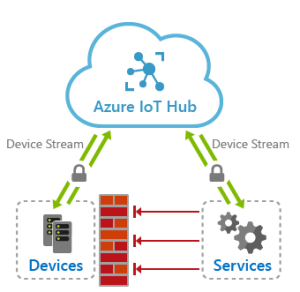
Smartphone privacy: Tips for keeping your data safe
Smartphones have become an integral part of our daily lives, making it essential to take proactive steps to protect our privacy and data. With the increasing amount of personal information stored on our devices, it is crucial to implement effective strategies to ensure that our data remains secure. Here are some tips to help you keep your smartphone and personal information safe:
Use strong and unique passwords
One of the most basic but important steps in safeguarding your smartphone is setting up a strong password. Avoid using common passwords or PINs like 1234 or 0000. Instead, opt for longer passwords with a combination of alphanumeric characters, special symbols, and uppercase and lowercase letters. Additionally, it is crucial to use unique passwords for different accounts and avoid recycling passwords across multiple platforms.
Enable two-factor authentication
Two-factor authentication adds an extra layer of security to your smartphone. By enabling this feature, you not only have to enter your password but also provide a unique verification code usually sent via SMS or generated through an authenticator app. This ensures that even if someone manages to get hold of your password, they would still need access to your registered phone number or authenticator app to gain entry.
Regularly update your device and apps
Keeping your smartphone’s software, as well as applications, up to date is essential to maintain their security. Developers regularly release updates that address security vulnerabilities, so it is crucial to stay updated to protect against potential threats. Enable automatic updates whenever possible to ensure that your device always has the latest security patches.
Be cautious with app permissions
When installing new apps, be mindful of the permissions they request. Some apps may ask for unnecessary access to your contacts, camera, microphone, or location. Before granting permissions, consider whether the app’s functionality justifies the level of access requested. Limiting app permissions helps minimize potential risks associated with data breaches and unauthorized access.
Use a VPN when connected to public Wi-Fi
Public Wi-Fi networks can be insecure, making it easier for hackers to intercept your data. To prevent unauthorized access to your personal information, use a virtual private network (VPN) when connecting to public Wi-Fi. A VPN encrypts your internet traffic, ensuring that any data transmitted is secure and inaccessible to prying eyes.
Regularly backup your data
Despite taking precautionary measures, data breaches and accidents can still occur. Therefore, it is essential to regularly backup your smartphone’s data. Consider using cloud services or external storage devices that provide secure backups. This way, if your device is lost, stolen, or compromised, you can restore your data and minimize the potential impact.
Avoid suspicious links and apps
Exercise caution when clicking on links or downloading apps from unknown or untrusted sources. Such actions can inadvertently expose your smartphone to malware or other security threats. Stick to official app stores and be wary of email or text messages containing suspicious links, as they often lead to phishing attempts or malicious software downloads.
Use biometric authentication
Many smartphones now offer biometric authentication methods such as fingerprint scanning or facial recognition. These features provide an added layer of security and convenience compared to traditional passwords. Consider enabling biometric authentication on your device to enhance privacy and deter unauthorized access.
Install reputable security software
Lastly, installing reputable security software on your smartphone can provide an additional line of defense against malware, phishing attempts, and other threats. Look for trusted antivirus and security apps available for your device’s operating system, and keep them updated to ensure you have the latest protection.
In conclusion, protecting your smartphone and its associated data is crucial to safeguard your privacy. By following these tips, you can significantly reduce the risks of data breaches, unauthorized access, and malware attacks. Stay proactive and stay safe!

